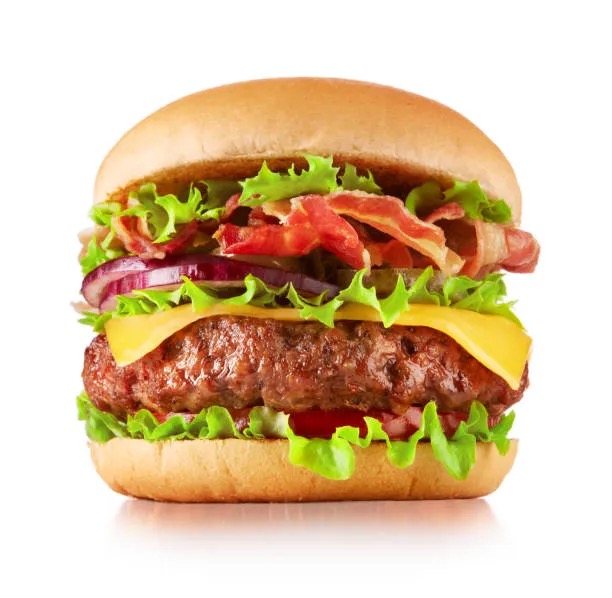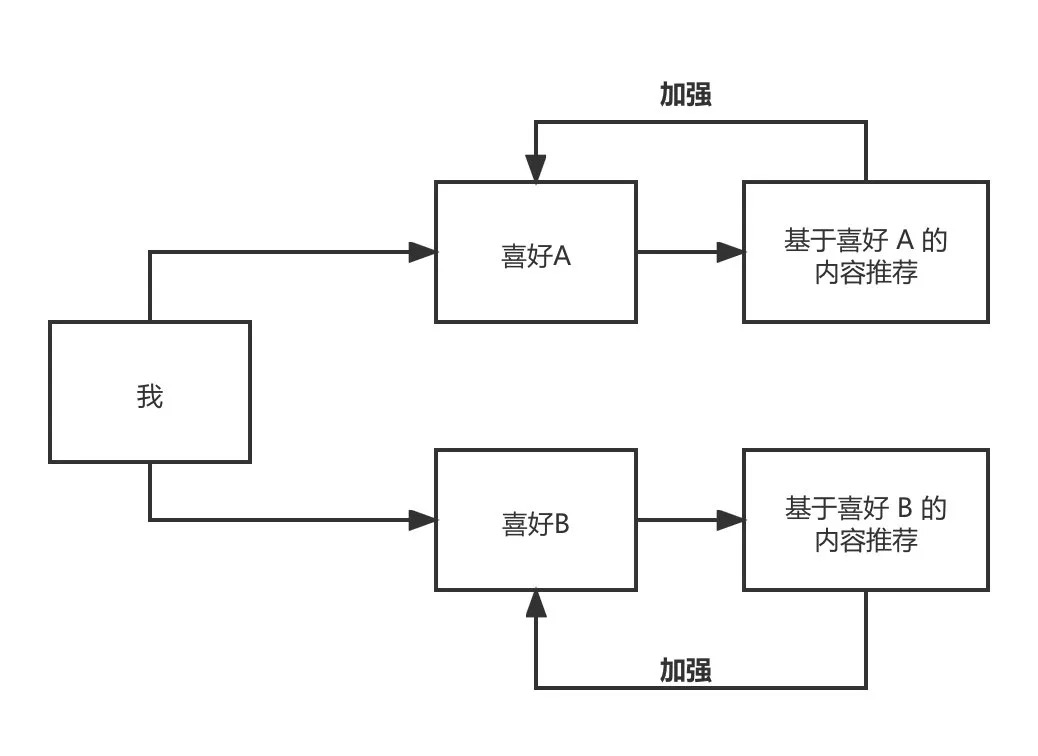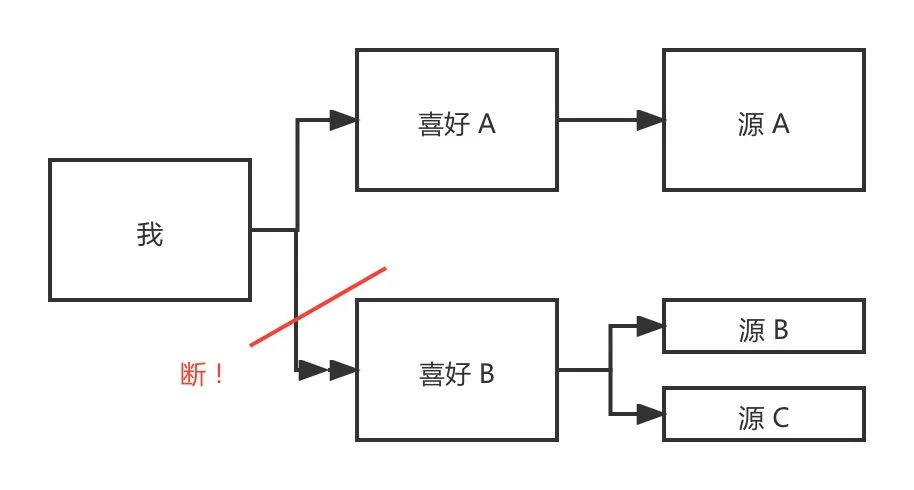狗哥区块链与AI精品内容集@NonceGeek
Rebuidl RSS (EN)
- 李大狗
- 发布于 2024-09-16 09:32
- 阅读 3142
RSS: dead or be Rebuidl?
💡Four Stuff will be great to rebuidl in web3: blog, rss, bbs, and MUD.
RSS is a web feed that allows users and applications to access updates to websites in a standardized, computer-readable format. Subscribing to RSS feeds can allow a user to keep track of many different websites in a single news aggregator, which constantly monitor sites for new content, removing the need for the user to manually check them. News aggregators (or "RSS readers") can be built into a browser, installed on a desktop computer, or installed on a mobile device.
-- Wikipedia
RSS originated in the early days of the Internet era, before the existence of giant whales of apps like today (Facebook, Twitter, Google, Tencent, TikTok......). People used RSS to parse their favorite feeds.
With the development of the Internet, various App whales have emerged, and we just need to register an account, and the App will feed us information. We no longer need to customize our own feeds. App will "continuously push" based on our browsing preferences...... So, RSS is gradually being eliminated by history.
This is certainly an inevitable process.
However, there are some interesting questions to ponder. Is this inevitable process the "right" one, and is RSS likely to be revived? And if so, what will the new generation of RSS look like?
1 The "humane" and "right"
Too often, we believe that "survival of the fittest" means that those who survive are naturally right.
However, this crude judgment is problematic. Very often, what survives is "in line with human nature", not "right".
For example, if we think "healthy food = right, unhealthy food = wrong". The reason why fast food has survived so well in the world is not because it is right, but because it responds to human nature.

Similarly, why is it that "recommendation algorithm-based apps" are alive and well, but RSS is dying out?
I think it's because...
The App based on recommendation algorithm is in line with human nature, but it doesn't make it right.
As the old saying goes, "good advice often jars on the ear," and saying nice things is human nature and will be liked naturally.
Likewise, recommending content based on your existing preferences is human nature and will be naturally liked.
However, just as being addicted to fast food can make us less and less healthy, being caught up in recommendation algorithms can affect our "mental health" as well.

We can draw a simple model to describe it.
Suppose initially I show "Preference A" and "Preference B" in the App (e.g. TikTok), then the App will keep recommending me content of "Preference A" and "Preference B", thus reinforcing my preference for "Preference A" and "Preference B", and then the cycle continues......
It's naturally in the App's interest for users to get caught up in their existing preferences - because they stick to the App.
But is it really in the user's interest?
I was addicted to soap operas for a while, so my timeline was full of soap operas. Then suddenly one day I broke away. I wanted to cut ties with soap operas, but the app still pushed soap operas based on my preferences.
This is the essence of the recommendation algorithm - "to keep strengthening your existing preferences, creating stickiness to your existing preferences, which in turn becomes stickiness to the App".
We can see that its essence is closed and not open at the spiritual level. After a long period of time under the system of "recommendation algorithm", we will eventually come to a state - we no longer make changes to our preferences, but the existing preferences keep increasing.
Even if we link the Internet, we will still become one closed system after another.
The opposite is RSS, which is absolutely anti-human, requiring you to get your own subscription feeds and then manage them manually on your own - similar to how we go about making complicated dishes at home.

However, this sacrifice is rewarded with an open and comfortable information system!
As shown above, in the RSS-based system, we have Preference A and Preference B. We are free to control the "traffic" of each preference, let's say 100 messages per day for "Preference A" and 50 messages per day for "Preference B". I used to like "fishing" and subscribed to a lot of "fishing" related feeds, but now I don't like it anymore, Ok, cut all the related "feeds"!
TimeLine is instantly clean.
Therefore, this system is "open", and people who use this system will also have "high openness".
Openness is the essential spirit of the Internet, isn't it?
2 Is it possible for RSS to be revived?
The road to RSS revival may be a tortuous one, but in the long run RSS will regain a larger market.
But one key factor is that there are "incentives" to offset the "costs of hassle" associated with RSS use, depending on the design. We can divide the incentives into "economic incentives" and "non-economic incentives".
-
Economic Incentives
There is a financial incentive for providing a good RSS feed, which may be created by the provider or integrated by the provider.
-
Non-financial Incentives
For example, reputation in the Crypto world, etc.
3 What does a Base on Blockchain/Web3 RSS look like?
The following is purely a personal opinion.
3.1 The redefined personal blog
A personal blog is a blog with its own domain name that is not dependent on any blogging platform.
Although personal blogs have declined in China (only some of the tech leads are still running and maintaining blogs), there are still many personal bloggers from a global perspective.
In the Crypto world, we can redefine blogging, which is supposed to be an important source of information for RSS. So it seems we should talk about a "blogging renaissance" before a RSS renaissance? But that's another topic.
Here's a brief list of possible ways Crypto blogs could play out.
- The Crypto identity of the blogger can be seen
- The ability to aggregate the blogger's NFTs
- Can aggregate the blogger's multiple Web3 dApp content, such as
Bodhi - If the blogger is a technical blogger, it can show the Web3 projects the blogger is involved in
- Finally, of course, the blogger can provide RSS feeds
3.2 Penetrating revenue and traceable re-creation
This is different from the Web2 RSS system. Because it's based on blockchain, the new generation of RSS is technically "revenue-penetrating" and "re-creation-traceable".
In other words, through smart contracts, the creators and distributors of RSS feeds, original works and re-creations can both receive revenue, so that the new generation of RSS can really carry "tangible value" and thus offset the "cost of trouble" brought about by the use of RSS.
However, the proposition of blockchain empowering creators has been mentioned for years, but we have not seen any particularly successful product. Is this because the previous products were not designed from the perspective of "RSS revival"? This requires further thought and discussion.
-- The 1st version of this article in 2021
Fortunately, compared with the first edition published in 2021, we seem to see some hope — —
- Bodhi Protocol realizes content tokenization
- Follow is building The Next Gen of RSS
- AI makes it easier for us to make our own RSS Feed
- …
What will happen next? Need to continue to follow 👀.
